Introduction
Maintaining a strong bond with your teenager can be one of the most challenging yet rewarding aspects of parenting. The teenage years are marked by rapid physical, emotional, and psychological changes, often leading to misunderstandings and conflicts. A healthy parent-teen relationship is crucial, as it lays the foundation for your child’s future well-being and success. It fosters trust, open communication, and mutual respect, which are essential for guiding your teenager through these transformative years.
In this blog post, we’ll explore practical strategies to improve your relationship with your teenager, including effective communication techniques, building trust, spending quality time together, and handling conflicts constructively. By implementing these strategies, you can navigate the complexities of the teenage years and strengthen your bond with your child.
Understanding Teenage Development
Understanding the development of the teenage brain is crucial for improving your relationship with your teenager. This section delves into the significant changes occurring during adolescence and how they impact behavior and emotions.
Physical and Emotional Changes: Hormonal Shifts and Their Effects
The teenage years are marked by significant hormonal changes that affect both the body and mind. These hormonal shifts can lead to mood swings, heightened emotions, and physical changes such as growth spurts and development of secondary sexual characteristics. Recognizing these changes can help parents be more empathetic and patient during this turbulent time.
Psychological Growth: Developing Identity and Independence
Adolescence is a critical period for psychological growth, where teenagers strive to develop their own identities and assert their independence. This quest often results in a desire for more autonomy and sometimes rebellion against parental authority. Understanding this aspect of development helps parents support their teens’ need for independence while providing appropriate guidance.
Common Misunderstandings: Debunking Myths About Teenagers
Many misconceptions exist about teenage behavior, such as the belief that all teenagers are rebellious or that they intentionally create conflict. In reality, much of their behavior is driven by natural developmental processes and a desire to navigate their growing need for independence. Debunking these myths can lead to a more compassionate and informed approach to parenting during these years.
By understanding these fundamental aspects of teenage development, parents can better navigate the challenges and support their teenagers through this transformative phase.

Effective Communication Strategies
Effective communication is the cornerstone of a strong parent-teen relationship. By mastering the art of communication, you can bridge the gap between you and your teenager, fostering understanding and trust.
Active Listening: How to Truly Hear Your Teenager
Active listening is more than just hearing words; it’s about fully engaging with your teenager’s thoughts and feelings. This means giving them your undivided attention, maintaining eye contact, and acknowledging their emotions without immediately offering solutions or judgments. By practicing active listening, you show your teenager that their voice matters, which can encourage them to open up more freely.
Open-Ended Questions: Encouraging Meaningful Conversations
Asking open-ended questions is a powerful way to spark meaningful conversations with your teenager. Instead of questions that can be answered with a simple “yes” or “no,” opt for those that invite detailed responses, such as “What was the best part of your day?” or “How do you feel about the upcoming school project?” This approach not only provides deeper insights into their thoughts and experiences but also demonstrates your genuine interest in their lives.
Non-Verbal Communication: Understanding Body Language
Non-verbal communication plays a crucial role in how we convey and interpret messages. Pay attention to your teenager’s body language, facial expressions, and tone of voice, as these can often reveal more than their words. Similarly, be mindful of your own non-verbal cues; maintaining open and approachable body language can make your teenager feel more comfortable and willing to communicate.
By focusing on these effective communication strategies, you can create a supportive environment where your teenager feels heard, valued, and understood. This foundation is essential for building a lasting and positive relationship during the challenging adolescent years.
Building Trust and Respect
Building a foundation of trust and mutual respect with your teenager is essential for a healthy relationship. This section focuses on key practices that foster a supportive and respectful environment.
Consistency and Reliability: Being a Dependable Parent
Consistency and reliability are critical in building trust with your teenager. This means following through on promises, maintaining consistent rules, and being present when you say you will be. When your teenager knows they can rely on you, it creates a sense of security and trust. Consistent actions demonstrate that you are a dependable figure in their life, reinforcing the trust they place in you.
Respecting Privacy: Balancing Boundaries and Oversight
Respecting your teenager’s privacy is crucial in fostering mutual respect. While it’s important to be involved in their lives, it’s equally important to allow them space to develop their own identity and independence. This means knocking before entering their room, allowing them to have private conversations, and trusting them to make certain decisions. Striking a balance between providing guidance and respecting their autonomy helps build a relationship based on mutual respect.
Showing Empathy: Understanding Their Perspective
Empathy involves understanding and sharing the feelings of another person. When dealing with teenagers, showing empathy can be particularly powerful. This means actively listening to their concerns, validating their feelings, and trying to see situations from their perspective. Empathy helps in creating a supportive environment where your teenager feels understood and valued. This emotional connection is fundamental in building a relationship of trust and respect.
By focusing on these principles, you can create a nurturing and respectful relationship with your teenager, paving the way for open communication and a stronger bond.

Quality Time Together
Spending quality time with your teenager is essential for building a strong, lasting relationship. This section explores various ways to ensure that the time you spend together is meaningful and enjoyable for both of you.
Shared Interests: Finding Activities You Both Enjoy
Identifying and engaging in activities that both you and your teenager enjoy can significantly enhance your bond. Whether it’s a shared hobby like cooking, playing sports, or watching movies, these activities provide an opportunity for relaxed and enjoyable interactions. Taking the time to discover common interests shows your teenager that you value their likes and preferences, fostering a deeper connection.
Family Rituals: Establishing Regular Bonding Routines
Family rituals and routines, such as weekly game nights, movie nights, or family dinners, create a sense of stability and continuity. These regular activities provide structured opportunities for interaction and bonding. By prioritizing these rituals, you demonstrate your commitment to spending quality time together, reinforcing the importance of family connections and traditions.
Supporting Hobbies: Encouraging Their Passions and Interests
Encouraging your teenager’s passions and interests is crucial for their personal development and self-esteem. Show interest in their hobbies, attend their events, or participate in their activities when possible. Your support and involvement convey that you value and respect their individuality, which can strengthen your relationship and boost their confidence. Providing them with the necessary resources and encouragement to pursue their interests shows that you are invested in their happiness and growth.
By focusing on these strategies, you can create meaningful and enjoyable quality time with your teenager, helping to build a stronger and more connected relationship.
Positive Reinforcement and Encouragement
Positive reinforcement and encouragement play a crucial role in nurturing a teenager’s self-esteem and motivation. This section outlines effective ways to incorporate positive reinforcement into your parenting approach.
Praising Efforts, Not Just Results: Fostering a Growth Mindset
Fostering a growth mindset in your teenager involves praising their efforts rather than just the results. Acknowledge their hard work, persistence, and dedication, regardless of the outcome. For example, instead of saying, “Great job on getting an A,” try, “I’m proud of how hard you studied for that test.” This approach encourages resilience and a love for learning, helping your teenager understand that effort and improvement are more important than perfection.
Celebrating Achievements: Recognizing Milestones and Successes
Celebrating your teenager’s achievements, both big and small, helps build their confidence and reinforces positive behavior. Whether it’s academic success, a personal project, or overcoming a challenge, take the time to recognize and celebrate these milestones. Celebrations can be as simple as a heartfelt compliment, a special family dinner, or a small reward. These acknowledgments show your teenager that you notice and value their hard work and accomplishments.
Encouraging Responsibility: Helping Them Take Ownership
Encouraging your teenager to take responsibility for their actions and decisions is essential for their development into independent and accountable adults. Provide opportunities for them to make choices and take on responsibilities, such as managing their own schedules, handling chores, or participating in family decisions. Praise their initiative and responsible behavior, reinforcing the importance of accountability. This approach helps them build confidence in their abilities and understand the value of being responsible.
By integrating positive reinforcement and encouragement into your parenting, you can help your teenager develop a strong sense of self-worth, resilience, and responsibility, which are crucial for their overall growth and well-being.
Navigating Conflicts and Disagreements
Conflicts and disagreements are inevitable in any parent-teen relationship. How you handle these situations can significantly impact your relationship’s health and your teenager’s emotional development. This section provides strategies for effectively navigating conflicts.
Staying Calm: Techniques to Manage Your Reactions
Staying calm during conflicts with your teenager is crucial. When emotions run high, it’s easy to react impulsively, which can escalate the situation. Practice deep breathing, count to ten, or take a brief pause before responding. This approach helps you maintain composure and respond thoughtfully rather than reactively. Demonstrating calmness sets a positive example for your teenager, showing them how to manage their emotions during disagreements.
Constructive Criticism: Providing Feedback Without Alienating
Providing constructive criticism is essential for guiding your teenager without alienating them. Focus on specific behaviors rather than personal attacks. Use “I” statements, such as “I noticed you didn’t do your chores today. Can we discuss why?” instead of “You never do your chores.” This method reduces defensiveness and opens the door for productive dialogue. Ensure your feedback is balanced with positive reinforcement to maintain their self-esteem and motivation.
Conflict Resolution Skills: Teaching and Modeling Problem-Solving
Teaching and modeling conflict resolution skills equips your teenager with tools for handling disagreements constructively. Encourage them to express their feelings and perspectives openly and listen to yours as well. Work together to find mutually acceptable solutions, demonstrating negotiation and compromise. For example, if they want more screen time, discuss setting a schedule that balances their needs with responsibilities. By modeling these skills, you help your teenager develop healthy ways to resolve conflicts independently.
By employing these strategies, you can handle conflicts with your teenager in a way that strengthens your relationship and promotes their emotional and social development.

Seeking Professional Help
Recognizing when to seek professional help is an essential aspect of supporting your teenager’s well-being. This section explores the indicators that professional intervention may be necessary and the benefits of such support.
Identifying Warning Signs: Recognizing When Things Are Beyond Your Control
It’s crucial to identify warning signs that suggest your teenager may need professional help. These signs can include drastic changes in behavior, persistent sadness or anxiety, withdrawal from social activities, declining academic performance, and expressions of hopelessness. If your teenager exhibits any of these symptoms, it’s important to acknowledge that the situation may be beyond your ability to manage alone. Early recognition and action can prevent more serious issues from developing.
Therapy and Counseling: Benefits of Professional Intervention
Therapy and counseling provide a safe space for teenagers to express their feelings and work through their challenges with a trained professional. Therapists can offer strategies for managing emotions, improving communication, and developing coping skills. Professional intervention can address a wide range of issues, from anxiety and depression to family conflicts and academic stress. By seeking therapy, you show your teenager that it’s okay to ask for help and that their mental health is a priority.
Support Groups: Finding Community Resources and Support
Support groups can be invaluable for both teenagers and parents. These groups provide a sense of community and understanding, allowing individuals to share experiences and offer mutual support. For teenagers, peer support groups can help them feel less isolated and more connected to others facing similar challenges. For parents, support groups offer guidance, shared wisdom, and coping strategies from others who have navigated similar situations. Finding and participating in these groups can bolster your and your teenager’s ability to handle difficulties.
By recognizing when to seek professional help and utilizing available resources, you can ensure your teenager receives the support they need to thrive. This proactive approach reinforces that seeking help is a strength and contributes to a healthier, more resilient family dynamic.
Conclusion
In summary, improving your relationship with your teenager involves understanding their developmental changes, practicing effective communication, building trust and respect, spending quality time together, and employing positive reinforcement. Each of these strategies contributes to a more supportive and harmonious relationship. It’s essential to stay patient and persistent, as nurturing a strong bond with your teenager requires ongoing effort and understanding.
Remember, the journey to a better relationship is continuous and demands empathy and dedication. By applying these principles and remaining open to adapting your approach, you foster a nurturing environment where your teenager can thrive.
We encourage you to reflect on these strategies and share your own experiences and tips. How have you successfully improved your relationship with your teenager? Your insights could offer valuable support to others navigating similar challenges. Feel free to contribute your thoughts and experiences in the comments below or through our contact page.
Check out our blog Effective Communication Strategies With Teens, for more such content!
Frequently Asked Questions (FAQs)
1. How can I improve communication with my teenager?
To improve communication with your teenager, focus on active listening by giving them your full attention and avoiding interruptions. Ask open-ended questions that encourage them to share more about their experiences, and pay attention to their non-verbal cues to better understand their emotions.
2. What are effective ways to build trust with my teenager?
Building trust with your teenager involves being consistent in your actions and following through on promises, which shows reliability. Additionally, respecting their privacy and showing empathy towards their feelings can significantly enhance trust and strengthen your relationship.
3. How should I handle frequent conflicts with my teenager?
When dealing with frequent conflicts, it’s important to stay calm and manage your reactions to prevent escalation. Offer constructive criticism by addressing specific behaviors rather than personal traits, and teach conflict resolution skills to help both of you navigate disagreements effectively.
4. When is it time to seek professional help for my teenager?
Consider seeking professional help if your teenager displays persistent emotional or behavioral issues that are beyond your control, such as severe anxiety, depression, or significant changes in behavior. Professional guidance can provide the support needed to address these challenges effectively.
5. How does spending quality time with my teenager benefit our relationship?
Spending quality time with your teenager strengthens your relationship by fostering connection through shared interests and family rituals. Engaging in activities they enjoy and supporting their hobbies shows that you value their individuality, enhancing trust and bonding.
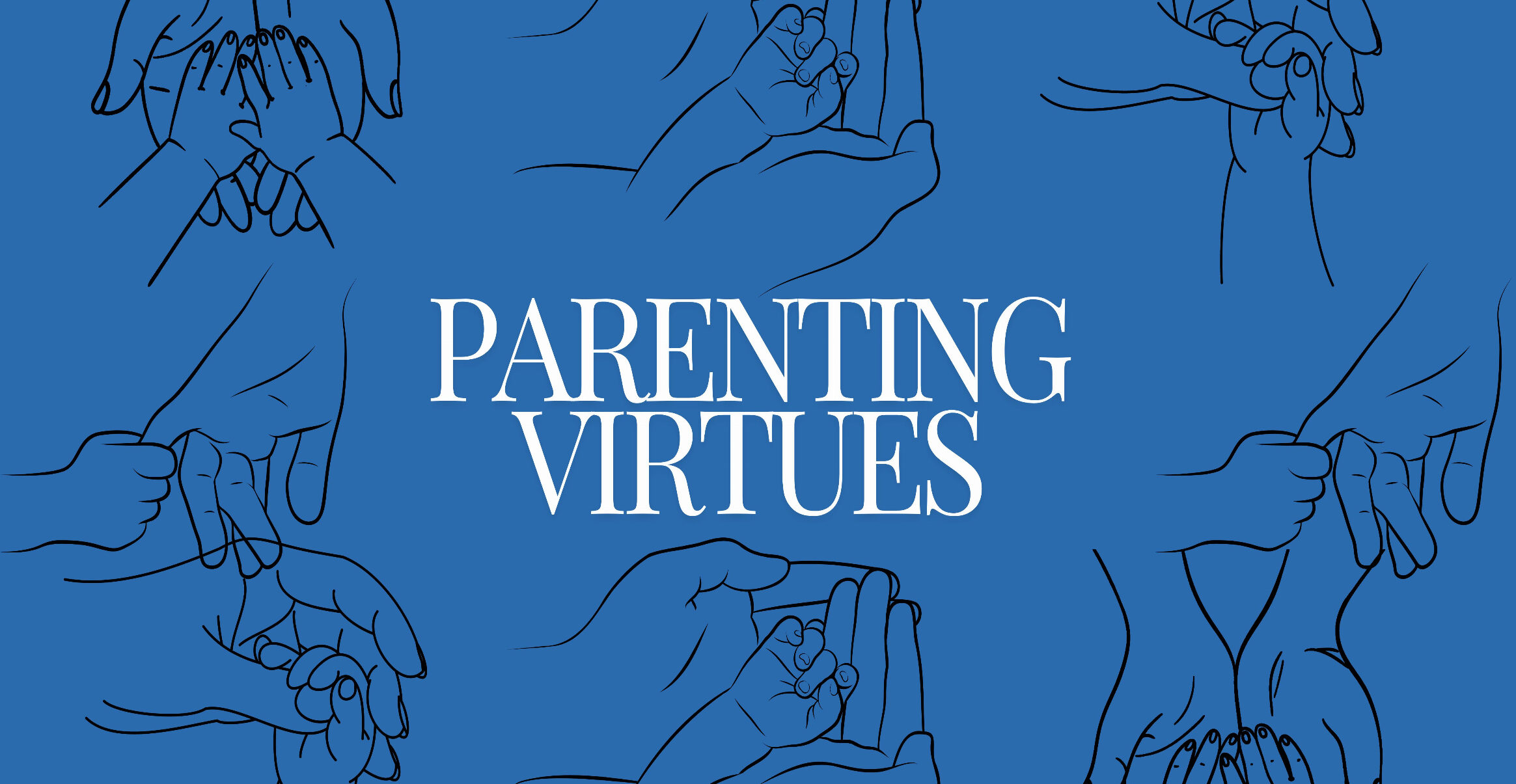
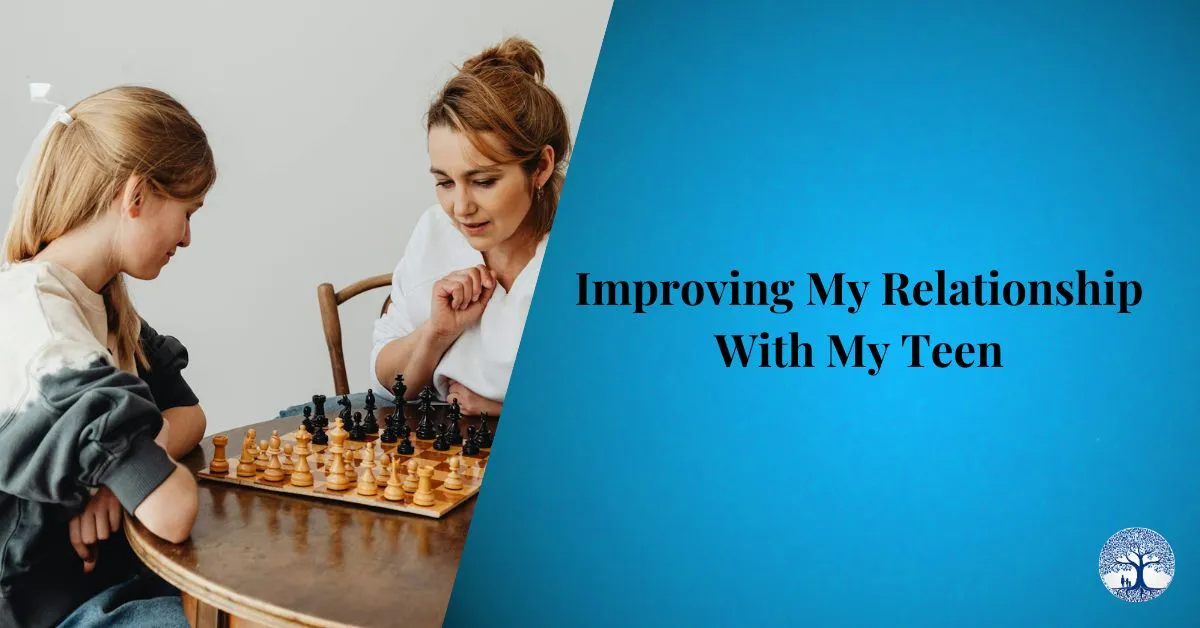
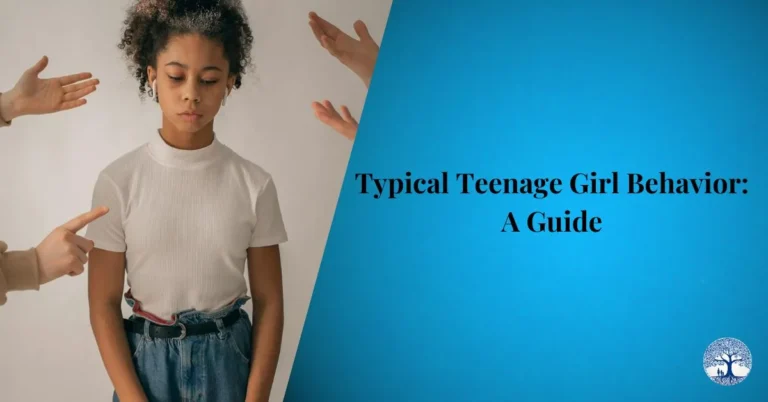

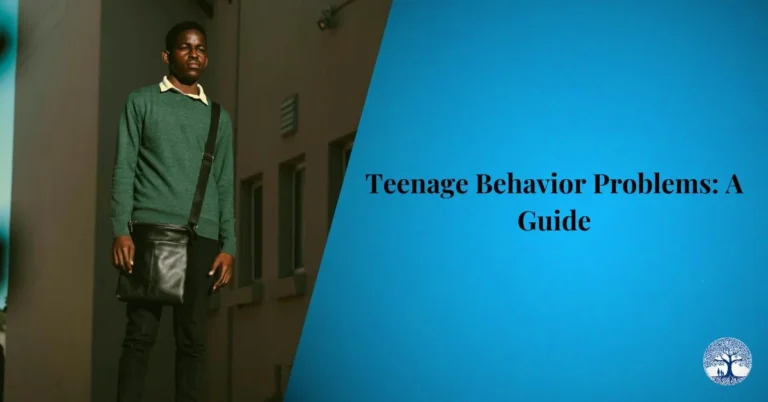
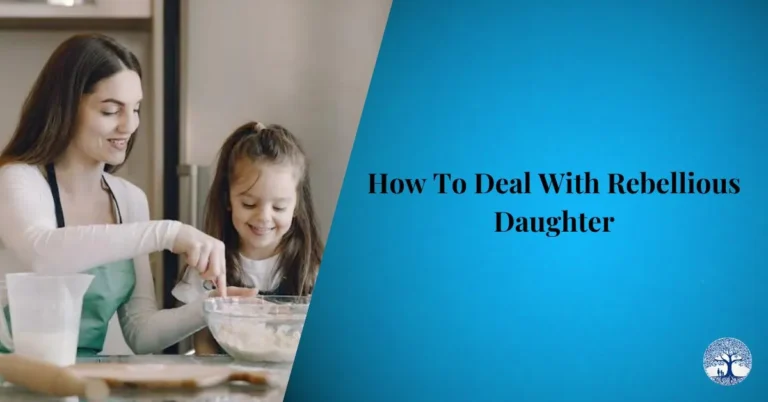
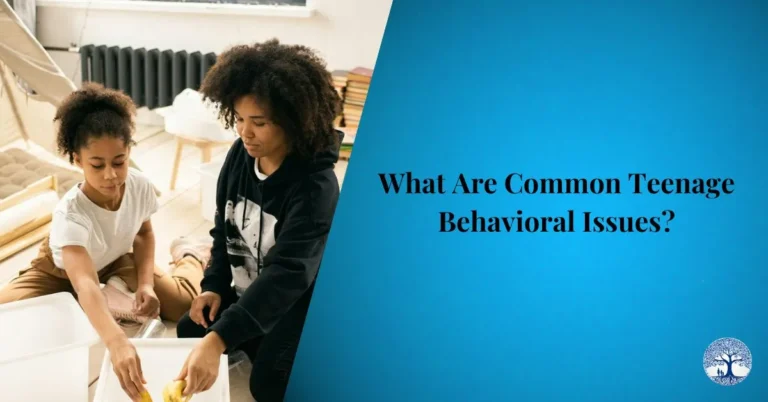
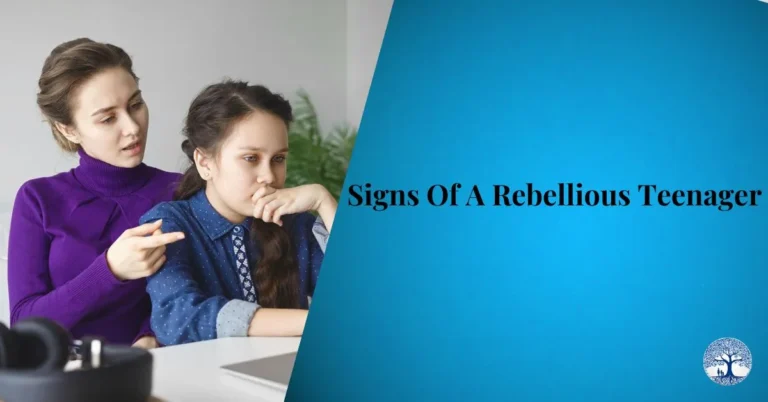
One Comment